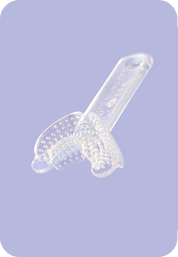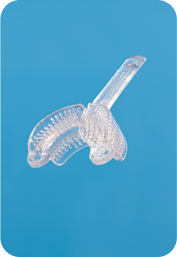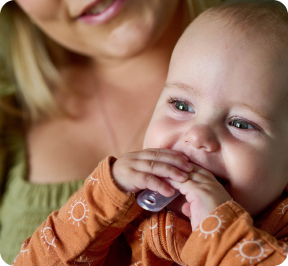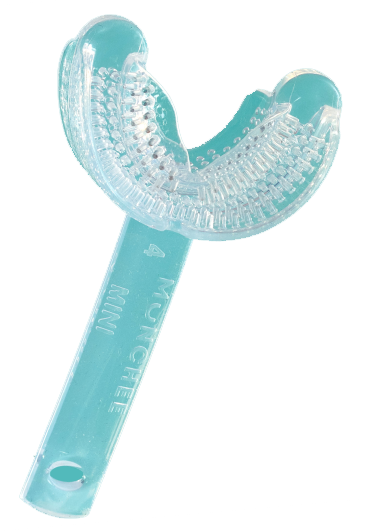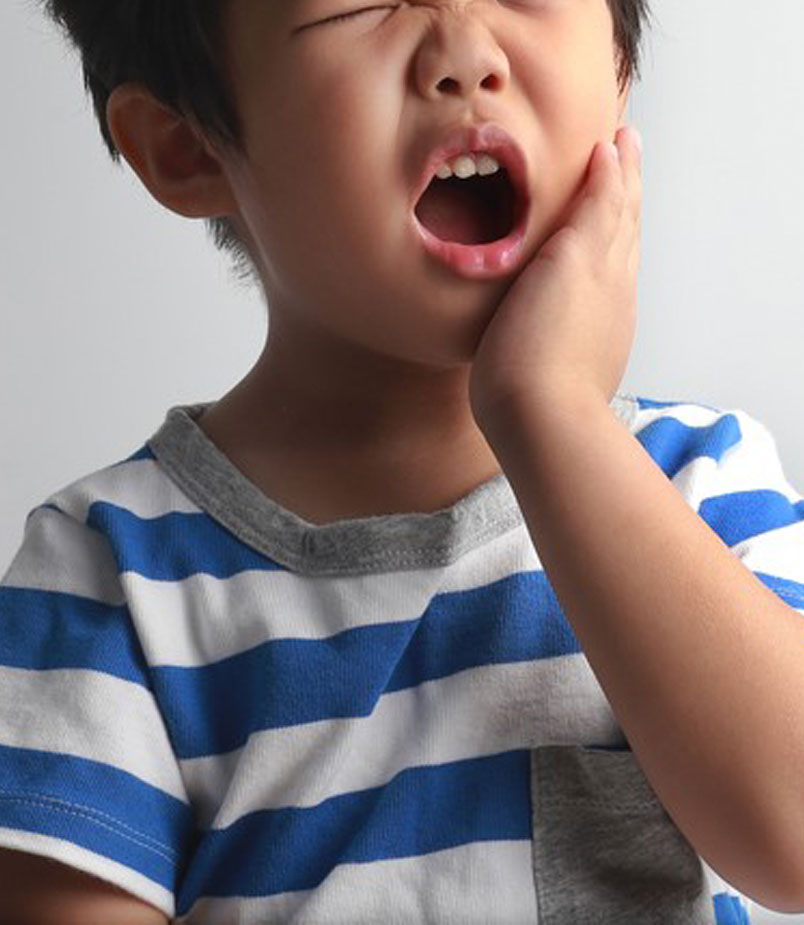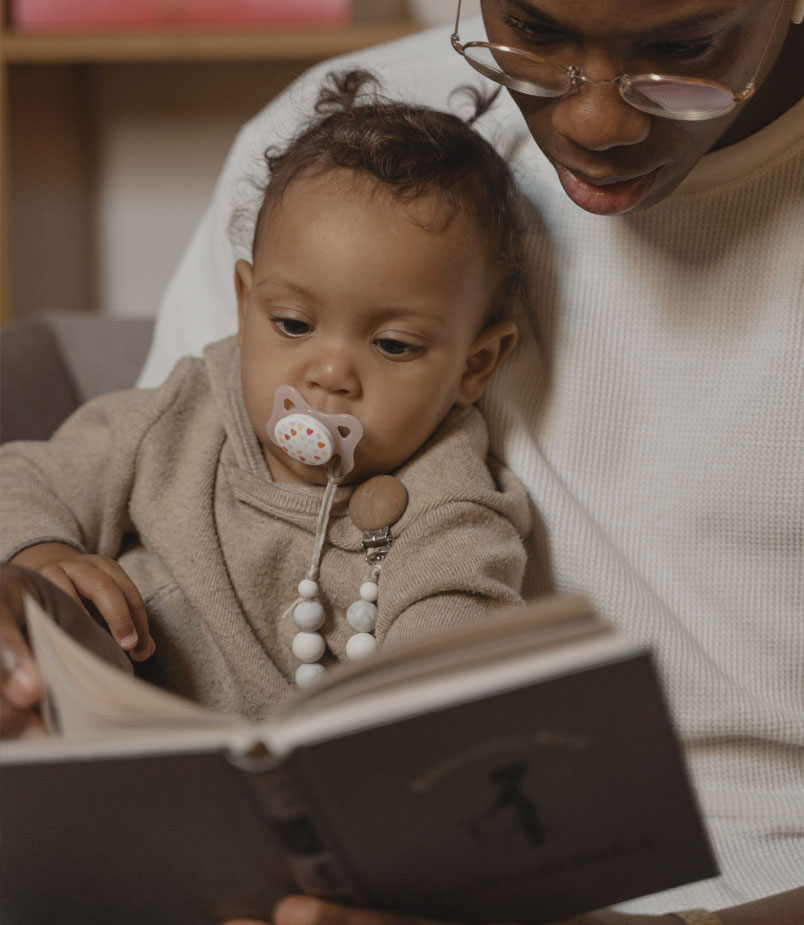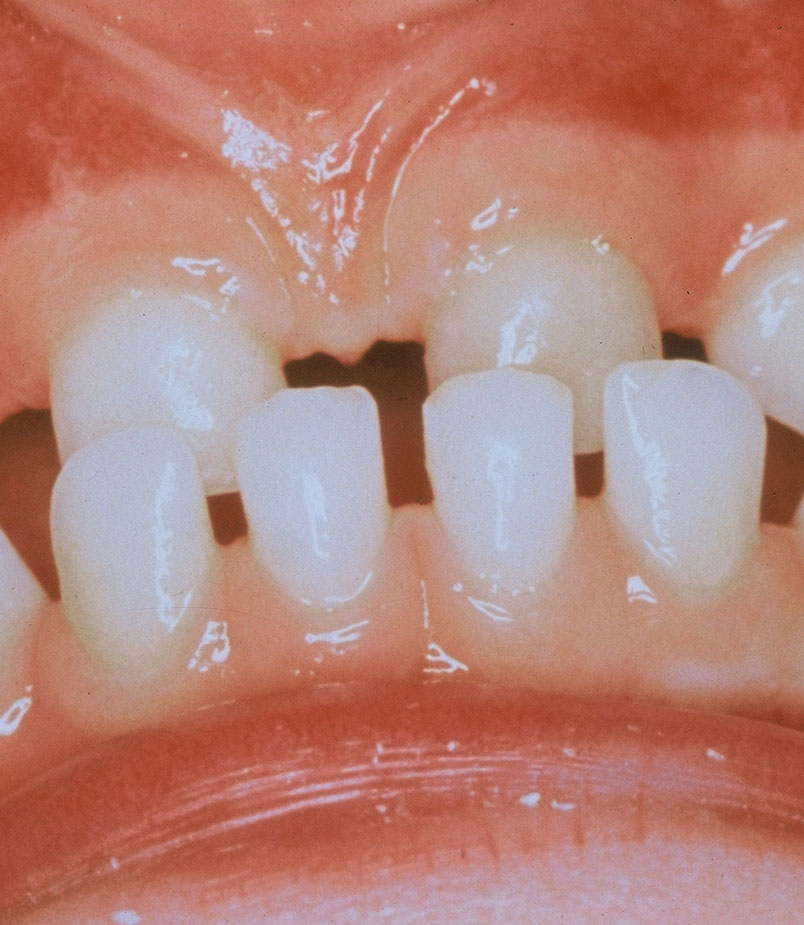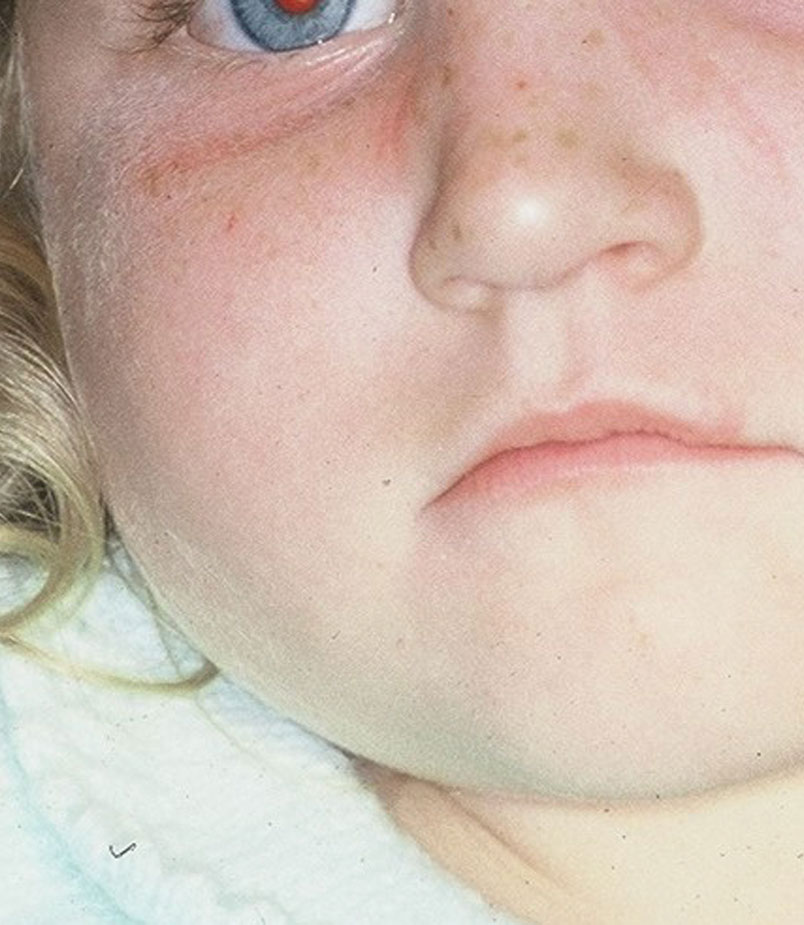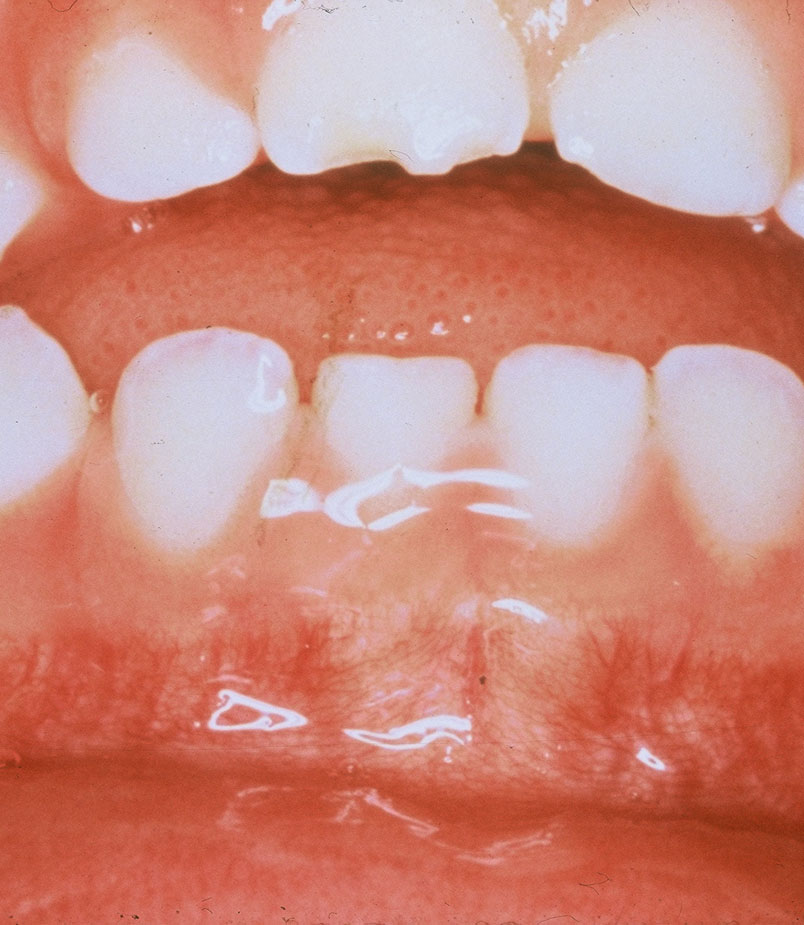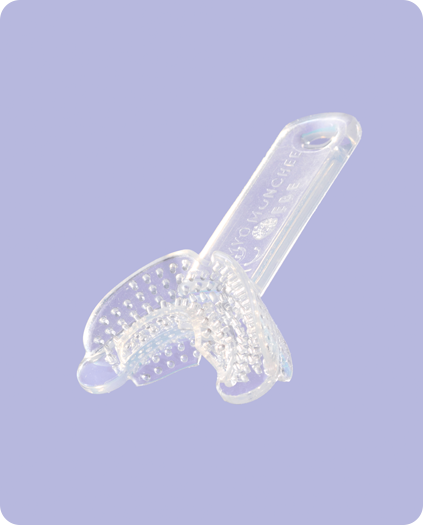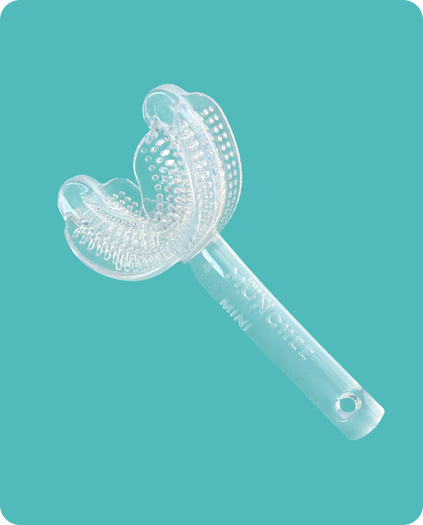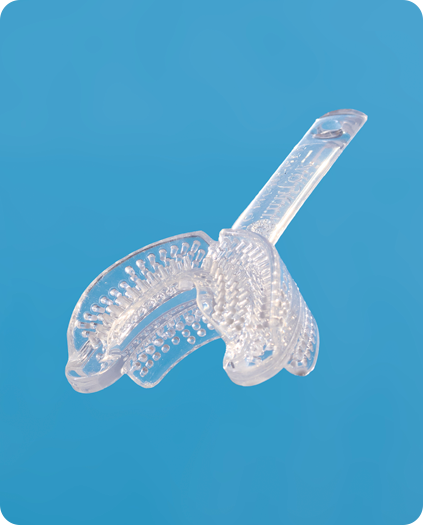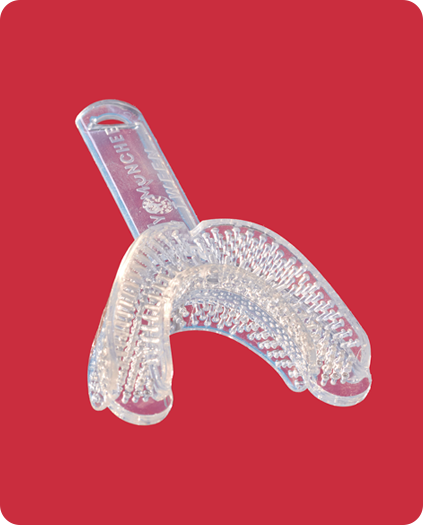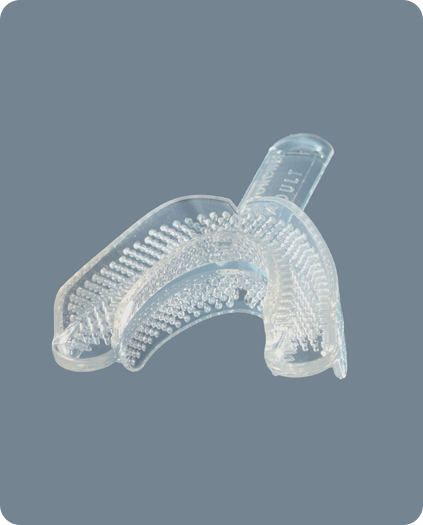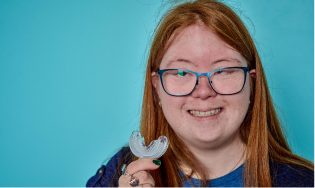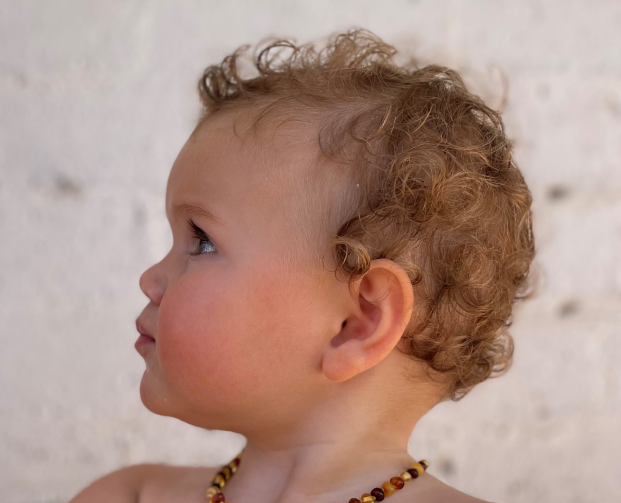
60% of facial growth will occur in the first 4 years of life - make sure it is optimal
By age 2 years your child’s jaws, lips, cheeks and tongue are working independently of one another. There are over 20 different muscles that will be utilised for speaking, chewing and swallowing and they need to work in co-ordination with each other.
By age 2 there will be around 16 teeth and they should be erupting and starting to occlude (connect) together in a balanced bite. The second molars will usually have fully erupted by age 2.5 years and these will provide stability for the neck and will allow for more complex rotary chewing patterns.
Read MoreBy age 24 months your child should be able to manage most foods in bite-sized pieces. A wide variety of food textures, types and shapes should be managed.
- Chew-swallow-breathe
- Drinking from a cup - no need for straws or spouts
- No bottles or pacifiers at all.
- Sleeping silently all night, with air coming through the nose
- Speech will be more complex, and sounds will be more intelligible
- Body movements are co-ordinated, and they are starting to kick balls and get upper body strength with climbing.
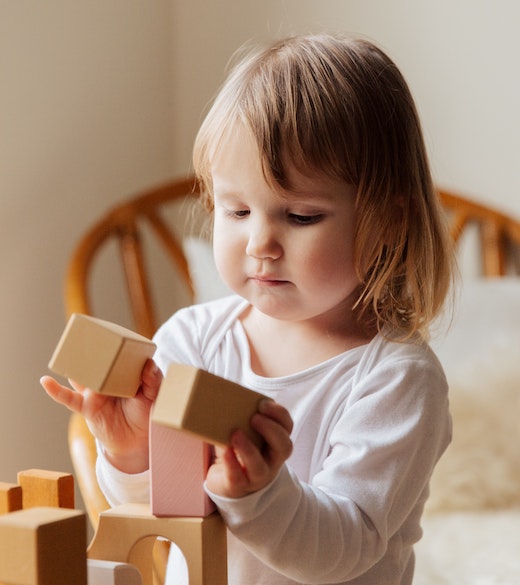
Lips should be together at rest when playing and sleeping - with a horizontal line across the lips - not lips dipping down at the corners.
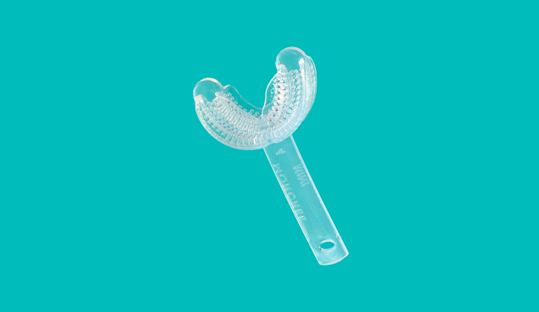
Have they used a Munchee before? If they have been using one for some time, they will be comfortable with moving up to the Junior by age 5 years."
Shop nowSigns of dysfunction
- Prolonged Pacifier Use ( child unwilling to let it go)
- Persistent thumb or Digit sucking habit
- Dribbling and drooling
- Tongue thrust swallow pattern
- Imperfect Bites and crooked teeth
- Mouth resting open
- Mouth breathing, sinus congestion
- Sleep disturbance and Snoring, Nightmares
- Delayed Speech
- Ear infections
- Behaviour and attentional issues
*It is always essential to ensure that your child does not have enlarged tonsils and adenoids that could be causing issues with breathing and sleep disturbance- check with your health care provider if concerned.
Munchee Note
It is essential to sit with child when they start using their Munchee to ensure they have the lips sealed, with gentle, balanced chewing. If, at first, they are unable to chew, work on their lip seal and passive use, before chewing.
If your child has signs of low oral motor tone it is important to look at whether they have overall body low tone as It could be that you need to work with a team- OT, Speech, Chiropractor, Osteopath can all be helpful - Have a look at our Munchee listing to see who is near you.
Early intervention is key to changing longer term impacts that these early dysfunctional motor patterns can have on overall development.
Have a look at the Munchee Moves - body movements to go with your Munchee Chewing.
60% of facial growth has occurred by age 4 years and 80% of airway growth will occur by age 6 years.
There is a great window of opportunity to optimise the growth potential for your child and we know that to ensure best airway growth it is essential to optimise both oral posture as well as body posture.
How to decide when to transition:
The mini is ideally for ages 2-5 years
The time to transition up to the next size will be determined by their age and how functional they are:
We start to think about transitioning from a Mini to a Junior ideally some time before 5 years of age.
*(If your child is very small or has special needs they may stay with a Mini a longer).
Read MoreFactors to think about for your child.
Use the sizing chart and measure the intercanine measurement as a general guide and cross match with the criteria below.
-
Body Size
Are they big or small for their age- their jaws are likely to match in with their overall size.
-
Jaw size
Narrow palate, crooked teeth, history of tongue- tie This child will be better to start with a smaller appliance and transition to the next size once they are very comfortable.
-
Overall Tone
Do they have evidence of low tone? Do they have trouble keeping their lips together when eating, are they dribbling or drooling. Do they have low tone in their body as well. Start with a smaller size to ensure they can manage and then transition to the next size once they have achieved comfortable lip competence.
-
Special Needs
Does your child have a condition that has affected oral motor function? Advice from your practitioner will be helpful here but always tend to the smaller size to ensure that they can manage the device for best outcomes.
-
Have they used a Munchee before?
If they are confident and experienced with a Munchee then we would recommend they use the bigger size for their age range.
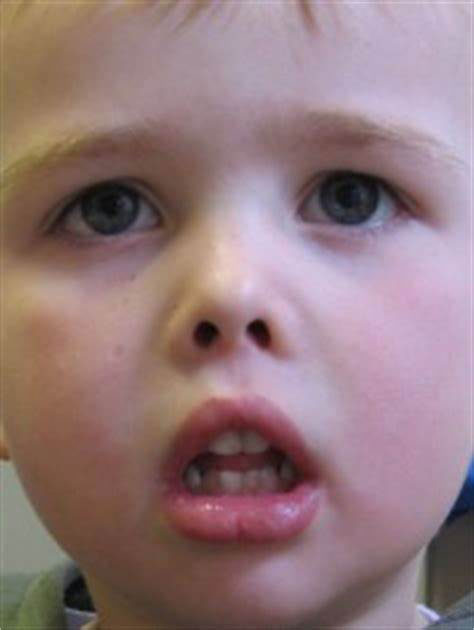
Although the Myo Munchee Junior is suited to children aged 4+ years, there can be cases where your child will be ready to transition to the Junior earlier than expected, AND there can be cases where they will need to stay with the Mini longer.
The time to transition up to the next size, will be determined by their age, as well as how functional they are, as well as what goals you are wanting to achieve. Those with special needs will be guided by their practitioner when to move to the next size.

If they have been using one for some time, they should be comfortable with moving up to the Junior by age 5 years
Shop now
Munchee Note
Children should be under the care of a Dentist from age 4+ years for optimal oral development.
They will track their progress using Munchee with photographs and measurements and ensure that the natural forces of growth are being harnessed so that their teeth are coming into good alignment.
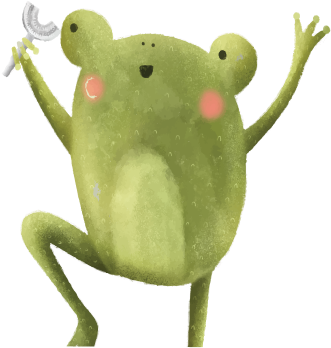
Sign up for news and updates
Enter your details to receive news and updates on all things Munchee!
At any Age and any Stage, Myo Munchee can support you on your life's journey
Download your free copy of our eBook 'Why Children Must Chew'
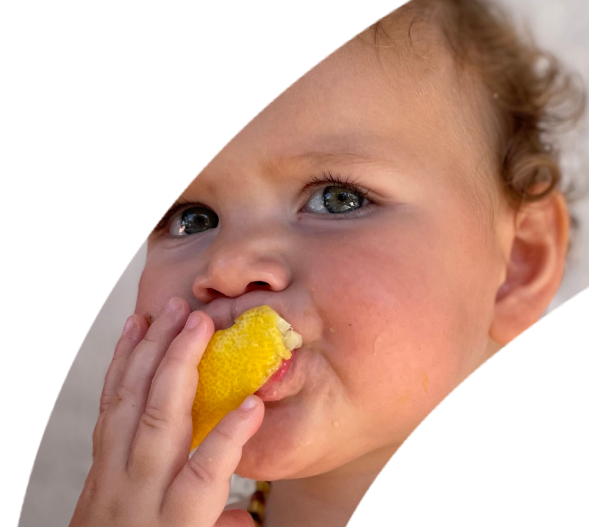
Sign up for news and updates
Enter your details to receive news and updates on all things Munchee!
More About Munchee
How do I use a Munchee
Watch this video to find out the most important movements for chewing a Munchee
Watch videoResources
Please check out our resources for more information and shoot us an email if there are specific topics you'd like more info on!
View our resourcesContact Munchee
Got a question for us to chew over or need product and ordering support? Reach out to Munchee
Send messageFollow Munchee
FAQs
-
Why would a child with no signs of dysfunction require a Myo Munchee?
The natural growth forces generated from correct chewing make a big contribution to growing faces.
Chewing has been linked to facial development, correct swallow, normal digestion and even concentration and memory. 60% of facial growth takes place in the first 4 years of life – let’s make sure that growth is optimal Active use of a Munchee everyday helps keep the body’s natural chewing function on track!
-
How can I encourage my little one to use their Munchee?
Attempting to keep a little one engaged can seem like a huge feat. However, it really comes down to many, very short, positive, and fun interactions throughout the day - this is how people are finding success with young ones – it hopefully then becomes habit and second nature.
Excited, encouraging, positive reinforcement and very “over the top” reactions when they use it, can have positive results also. It can be super helpful to incorporate it into routine activities such as reading/tv time, bath time, travelling in the car/pram, etc.
Plus there is also modelling…when a parent or older sibling is using their Munchee a little one will often happily engage with their own Munchee too – or try and steal yours
The Munchee Moves are a wonderful way for children to incorporate their Munchee time, some movement, and family fun for all!
Try to ensure Munchee time is always fun, offered often but never forced.
-
What are some signs that your child may benefit from chewing a Myo Munchee?
- Issues with dribbling and drooling
- Mouth breathing in the daytime or when asleep
-
Relationship between oral sucking habits and the Myo Munchee
The Munchee can support the cessation of habits such as dummy/pacifier and finger sucking habits.
Research indicates that extended sucking leads to higher rates of malocclusion. Malocclusion impacts speech production and swallow functions.
At Myo Munchee we have a ‘Munchee Hypothesis’ that the prongs on the Munchee device, coupled with the chewing action, can offer very young children who are sensorially attached to their pacifier, an easy alternative. The Munchee is a great alternative for these habits to encourage correct chewing and swallowing action.

